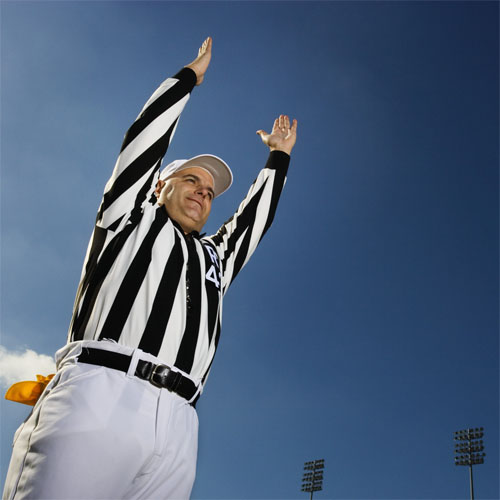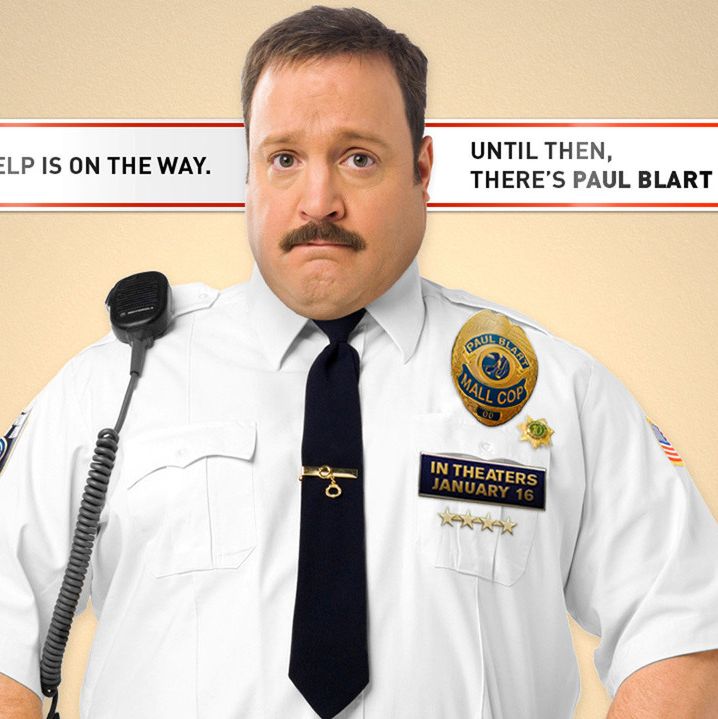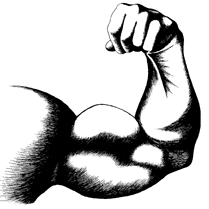
Zebra
Somewhere in, NJ
Male, 62
I've officiated football for over 30 years, now in my 26th on the college level. I've worked NCAA playoffs at the Division II and III level. In addition, I've coached at the scholastic level and have been an educator for over 35 years. I have no interest whatsoever in being an NFL official! Ever!
You're asking questions of philosophy, something that isn't in the rule book. First, it depends who is calling the timeout, offense or defense. The defense often waits to the last second to call it in order to "ice" the kicker. But if the snap is in the process of going off, it is possible for the timeout to not be granted. You ask about the whistle blowing "very slightly" after the snap; that probably means it was asked for prior to the snap. When you see the snap go and the kick made as whistles are being blown, the timeout was granted prior to the snap - the kick will not count. Usually, for the offense the timeout is granted.
The defense had a problem. The offense will accept the penalty for offside and the down will be replayed. Tough luck.
Can someone help me? I'm guessing you're a college coach since low blocks are prohibited in high school. The rules have changed a number of times over the last several years and each time they do, there's a new "wrinkle"....or crease.
Can't possibly do it justice or be complete here, but blocks need to be in the "10 to 2" (o'clock) range as viewed by the blocker. But this year it was interpreted that the initial contact has to be from that direction. In other words, even if the hit is in the 10-2 area, the "attack" by the blocker has to be within that arc when initiated. Clear? Yeah, me neither. With wide receivers, they must - since they are initially outside the tackle box - either block above the waist or attack the 10-2 zone and initiate the attack from that direction. It's challenging to explain without visuals. That may be as good as I can get it - sorry.
Depends what you're watching. In high school, the play us dead and defense offsides us enforced. In NCAA and NFL the defender can get back before the snap. There are times when even when the player isn't threatening the QB the play is stopped. Rule of thumb: if the defender is past the shoulder of an offensive player, they'll blow it dead.
Security / Bodyguard
 Are you expected to take a bullet that's meant for someone you're guarding?
Are you expected to take a bullet that's meant for someone you're guarding?
Bodybuilder
 What kind of “primping” is required for competitions?
What kind of “primping” is required for competitions?
Sommelier
 What's your favorite bottle of wine for under $20?
What's your favorite bottle of wine for under $20?
Sometimes you folks ask a question that makes me think. This one, though, is too easy. As with any time in the game, when one team fumbles and the other recovers, it belongs to the recovering team. Here, it's 1st and 10 for A.
Probably because no one saw it.
I have no idea what that means. Sorry, can't help.
-OR-
 Login with Facebook
Login with Facebook (max 20 characters - letters, numbers, and underscores only. Note that your username is private, and you have the option to choose an alias when asking questions or hosting a Q&A.)
(A valid e-mail address is required. Your e-mail will not be shared with anyone.)
(min 5 characters)
By checking this box, you acknowledge that you have read and agree to Jobstr.com’s Terms and Privacy Policy.
-OR-
 Register with Facebook
Register with Facebook(Don't worry: you'll be able to choose an alias when asking questions or hosting a Q&A.)